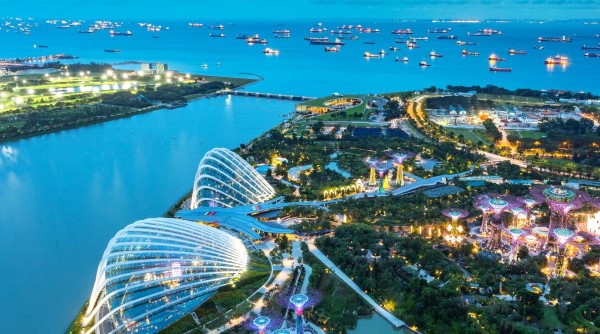Targeted support for e-fuels needed to ensure implementation of green shipping
The Future of Green Shipping Corridors

A recent report has highlighted the potential benefits of implementing a global fuel standard (GFS) and regional policies to support green shipping corridors. The report, published by UMAS, UCL, and the Global Maritime Forum (GMF), emphasizes the need for additional support to drive early adoption of sustainable fuels in the maritime industry. With the evolving regulatory landscape, the business case for green shipping corridors is expected to improve, but targeted support will be essential to ensure the viability of these projects.
Challenges and Opportunities for Green Shipping Corridors:
The report delves into the significant commercial challenges faced by green shipping corridors, focusing on the maritime value chain for sustainable fuels such as hydrogen-derived e-ammonia and e-methanol. Despite the cost gap, the study suggests that under future regulations from organizations like the International Maritime Organization (IMO), the European Union, and the United States, the business case for green shipping corridors could improve. However, targeted support will be crucial to facilitate the uptake of e-fuels.
Decarbonisation of shipping could create up to four million green jobs
The Role of Regulations and Policy Landscape:
Regulations play a vital role in enabling the energy transition in the shipping industry. Policies such as the IMO’s GFS, the EU’s Emissions Trading System (ETS), and the US Inflation Reduction Act (IRA) are expected to reduce costs for green shipping corridors. However, these measures may not fully bridge the gap between the cost of e-fuels and the cheapest compliance solutions. The report highlights the need for sophisticated fleet and bunkering strategies to align with future compliance requirements.
Accelerating Adoption of Sustainable Fuels:
The report explores potential opportunities and options for green shipping corridors in different shipping sectors, including gas carriers, container ships, and bulk carriers. While biofuels and blue ammonia are currently the lowest-cost options, scalable e-fuels like e-ammonia are projected to become more competitive as production costs decrease. Public and private efforts can accelerate the early adoption of e-fuels, paving the way for sustainable fuel production and infrastructure development in the shipping industry.
